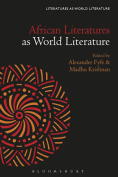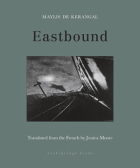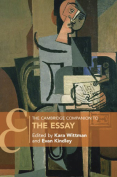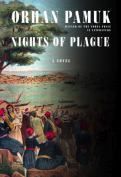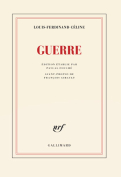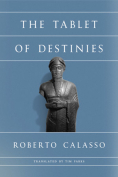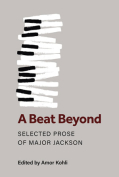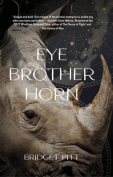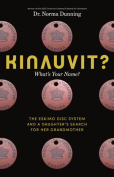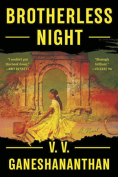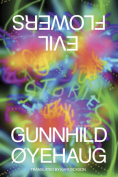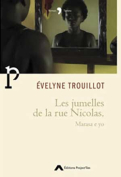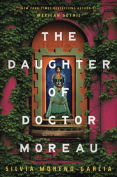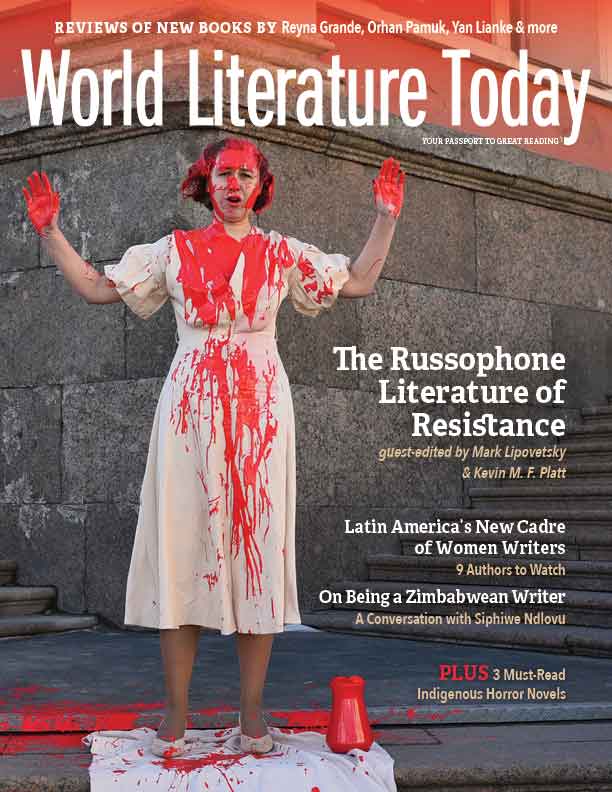A Ballad of Love and Glory by Reyna Grande
 New York. Atria Books. 2022. 370 pages.
New York. Atria Books. 2022. 370 pages.
IN HER SIXTH BOOK, Reyna Grande, revered chronicler of the modern Mexican American immigrant experience, takes a detour into the world of historical fiction. With an authentic and exceedingly engaging voice, Grande delves confidently into not just a time period but a gender and a nationality not her own (see WLT, Autumn 2019, 78).
Set against the backdrop of the US Intervention in Mexico (known as the Mexican-American War in the US), A Ballad of Love and Glory tells the story of Irish immigrant John Riley, who defects from the US army to fight with Mexico; and of Ximena Salomé Benítez y Catalán, the strong-willed Mexican curandera with whom he falls in love. While the character of John Riley was inspired by the real-life leader of the Saint Patrick’s Battalion, Grande drew her inspiration for Ximena from a single John Greenleaf Whittier poem, “The Angels of Buena Vista,” about the soldaderas who cared for the wounded from both sides of the battlefield. Given the dearth of information about Ximena, Grande does a deft job describing and making her feel as real as John Riley.
With the setting in 1840s Mexico, Grande also creates a vivid canvas for readers. Her rich descriptions of the flora (the mesquites and zacahuistle grass) and fauna (the meadowlarks and wild mustangs), the food (handmade tortillas cooked on the comal), and terrain (meandering arroyos and broad plains) are cinematic in scope. Her retelling of history is epic in its exposition. Readers are presented with an extensive swath of battles and corrupt commanders and politicians, which, in less skillful hands, could easily veer into tedium; but with Grande’s masterful touch, the story remains consistently captivating.
Despite the affecting romance between John Riley and Ximena, A Ballad of Love and Glory is still a tragic tale of the colonialist greed that resulted in Mexico’s loss of more than half of its lands, including what is now California, Nevada, Utah, New Mexico, most of Colorado and Arizona, and portions of Wyoming, Oklahoma, and Kansas. In her author’s note at the end of the book, Grande writes, “The Mexican-American War has been called the war that the US cannot remember and Mexico cannot forget.”
Given how history has often been rewritten in the US, it’s difficult to doubt the veracity of this statement. But thanks to Grande’s latest contribution to truth-telling, it’s equally doubtful that readers of A Ballad of Love and Glory will fall prey to this collective amnesia.
Lea Aschkenas
Novato, California
